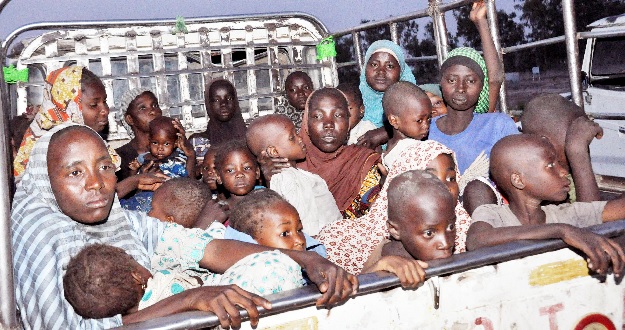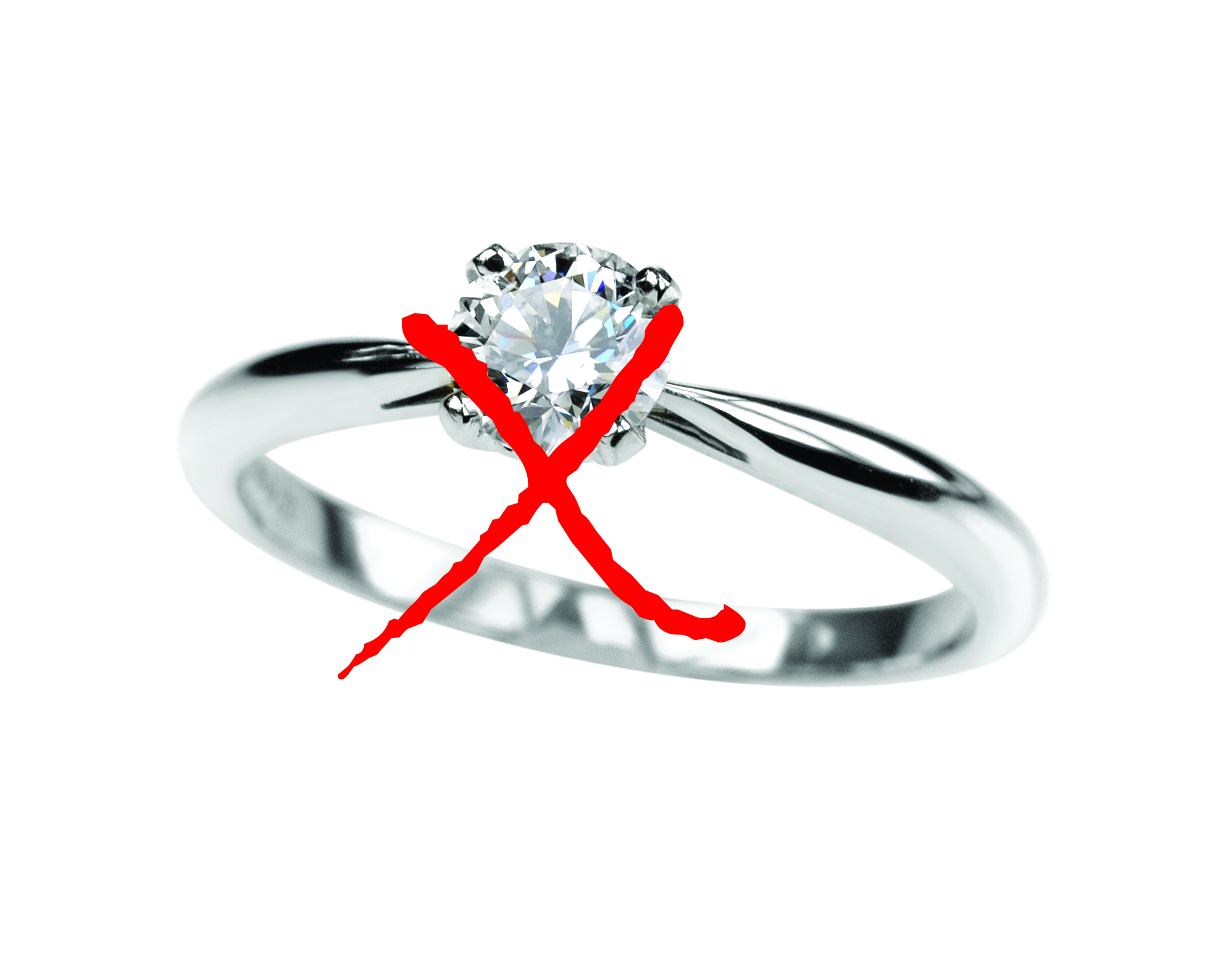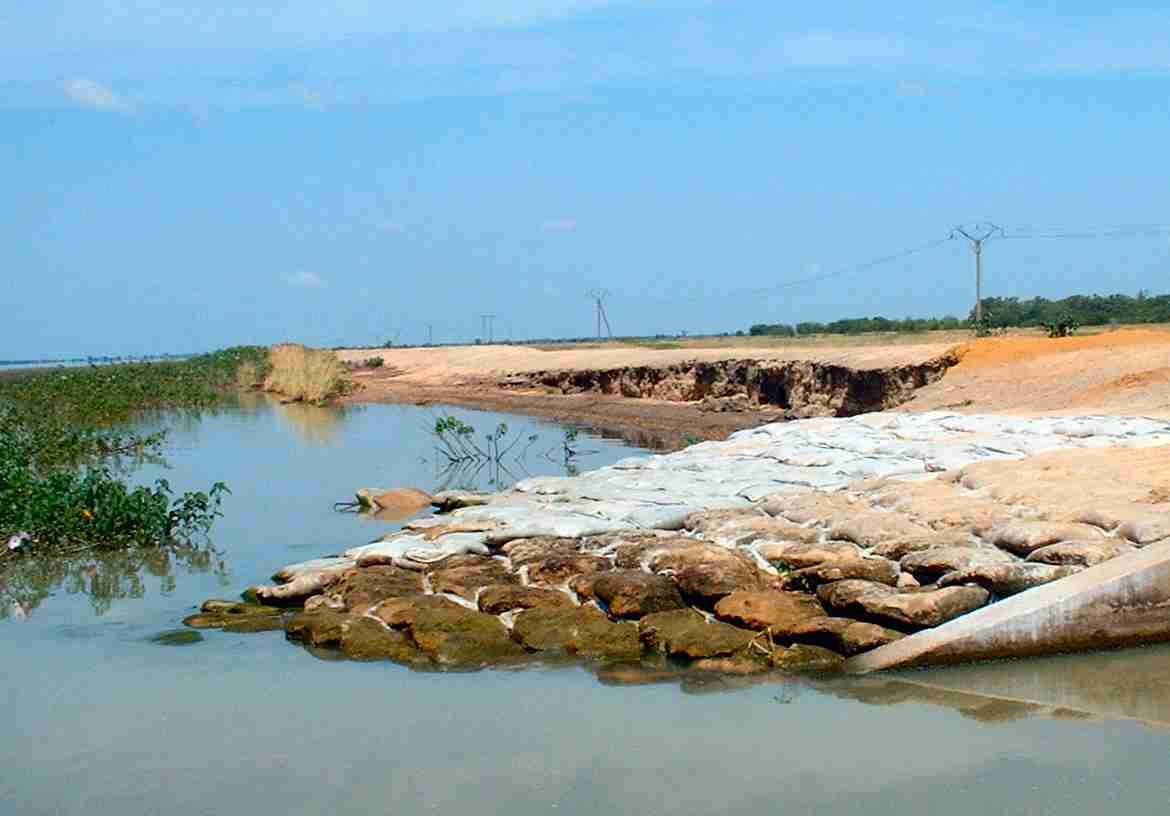Majority of the girls and women whom the Nigerian military rescued from Boko Haram captivity in Sambisa are from Gumsuri, a village not so far from Borno state town, Chibok, where more than 200 girls were abducted from school in April last year.
According to BBC, which was quoting the Associated Press, “officials” reached this conclusion after series of interviews with the victims.
In December, it was reported that about 200 villagers were kidnapped in Gumsuri, but their case did not generate the global outrage that followed the Chibok abduction.
When the military first announced last week that it had freed 200 girls and 93 women from Sambisa, it was immediately thought that they were part of the Chibok girls.
Advertisement
But Sani Usman, spokesman of the Nigerian army, said a few hours later that the Chibok victims and the freed captives were separate cases.
Three days after the captives regained their freedom, Chris Olukolade, a major-general and director of defence information, said the military was still not sure of the true identities of the girls and women.
Some of the captives freed last week have been narrating their ordeals at the hands of the insurgents.
Advertisement
“We were in the market selling, when they came to take me and my husband into the bush,” Lami Musa, one of them, said.
“They took me so I could marry one of their commanders. When they realised that I was pregnant, they said I was impregnated by an infidel, so they killed my husband.
“They said once I delivered the baby, a week later, they would marry me to their commander.
“I delivered at night, and we were rescued by the soldiers the following morning.”
Advertisement
Others said fellow captives were stoned to death as the army approached to rescue them, as Boko Haram fighters started pelting them when they refused to run away as soldiers nearer.
Salamatu Bulama, a lady who is now receiving treatment at the clinic inside a Yola camp, said she was one of those stoned by the insurgents before being rescued by Nigerian soldiers.
The survivors said that when they were initially captured, the militants had killed men and older boys in front of their families before taking women and children into the forest.
Others were killed inadvertently by the military during the rescue operation, they added.
Advertisement
Soldiers did not realise “in time that we were not the enemies” and some women and children were “run over by their trucks”, said survivor Asama Umoru.
Other survivors said the militant Islamists never let them out of their sight – not even when they went to the toilet.
Advertisement
“They didn’t allow us to move an inch,” one of the freed women, Asabe Umaru, said. “We were kept in one place. We were under bondage.”
Another woman described how they were fed just one meal a day, saying: “We were fed only ground dry maize in the afternoons. It was not good for human consumption. Every day, we witnessed the death of one of us and waited for our turn.”
Advertisement
Add a comment





